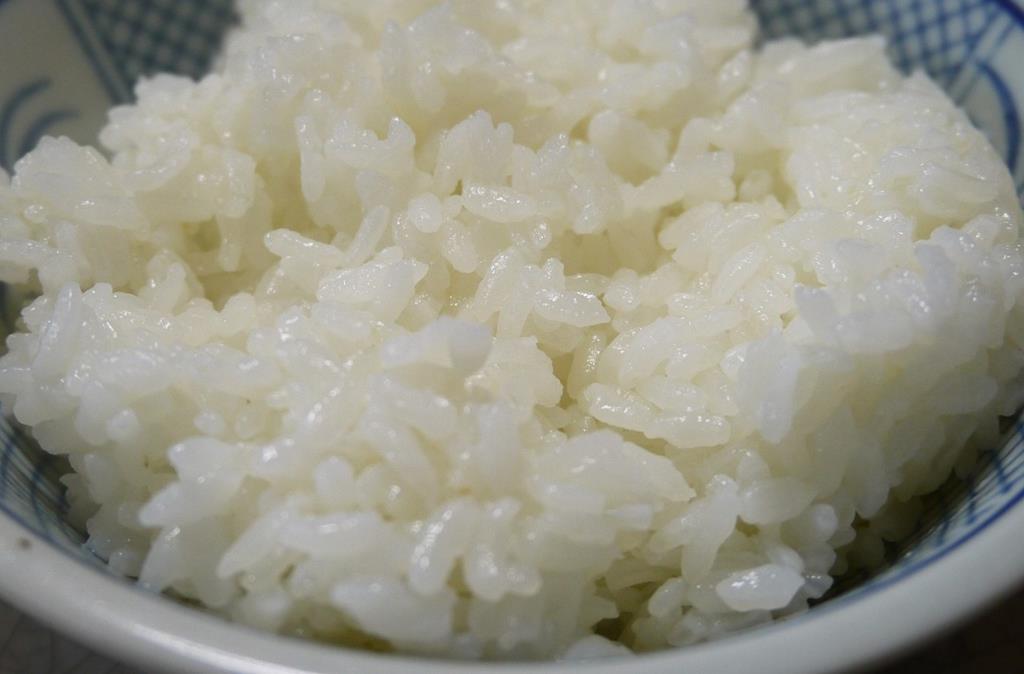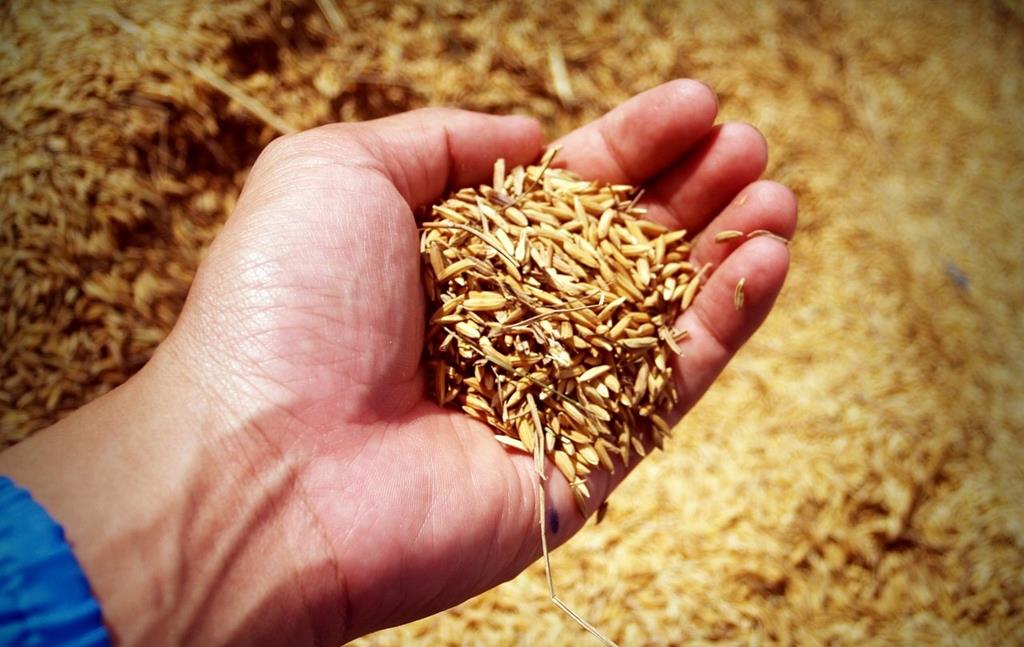Cats are known for their discerning palates and unique dietary requirements. As responsible pet owners, we often wonder about the safety and suitability of various foods for our feline friends. One such query is whether cats can eat rice. In this comprehensive guide, we’ll explore whether rice is safe for cats, the potential benefits, and the precautions to consider when incorporating it into their diet.
Is Rice Safe for Cats?
Yes, cats can eat rice in moderation. Rice is a starchy carbohydrate and can be a part of a cat’s diet, particularly if prepared correctly. However, it’s important to remember that cats are obligate carnivores, meaning their primary dietary requirement is animal-based protein. While rice isn’t harmful in small amounts, it should not replace essential sources of protein in a cat’s diet.
Benefits of Feeding Cats Rice
- Digestive Health: Rice is easily digestible and can help alleviate mild digestive issues in cats, such as diarrhea or an upset stomach.
- Energy Source: The carbohydrates in rice can provide a quick source of energy for cats, particularly when recovering from illness or surgery.
- Fiber: Rice contains dietary fiber, which can help regulate bowel movements and prevent constipation.
- Weight Management: Rice can be useful for adding bulk to a cat’s diet, helping them feel full while consuming fewer calories. This can be beneficial for overweight cats on a controlled diet.

Precautions When Feeding Cats Rice
While rice can offer certain benefits, it’s essential to exercise caution and consider these precautions:
- Balanced Diet: Rice should be seen as a supplement to your cat’s regular cat food rather than a primary food source. Ensure that your cat’s diet still consists primarily of high-quality animal-based protein.
- Cooked and Plain: Always serve rice cooked and plain. Avoid adding any seasonings, sauces, or spices, as these can be harmful to cats.
- Moderation: Offer rice in moderation. Small, controlled portions are ideal, and overfeeding can lead to excessive carbohydrate intake, which may not align with a cat’s natural dietary needs.
- Allergies and Sensitivities: Some cats may be allergic or sensitive to grains like rice, so monitor your cat for any adverse reactions, such as vomiting, diarrhea, or skin issues, after introducing rice.
- Consult Your Vet: If your cat has specific dietary requirements, health issues, or allergies, it’s advisable to consult with your veterinarian before introducing rice or any new food into their diet.
How should I prepare rice for my cat?
If you want to prepare rice for your cat, it’s essential to do so in a way that is safe and suitable for feline consumption. Here’s how to prepare rice for your cat:
- Choose Plain, White Rice: Opt for plain, white rice without any added seasonings, spices, or sauces. Avoid flavored or seasoned rice, as these may contain ingredients that can be harmful to cats.
- Cook the Rice: Cook the rice as you normally would by boiling or steaming it. Ensure it’s fully cooked and soft. Overcooked rice is generally easier for cats to digest.
- Cool the Rice: Allow the cooked rice to cool to room temperature before offering it to your cat. Cats are less likely to eat hot food, and you should avoid serving it while it’s still steaming.
- Cut into Small Pieces: Once the rice has cooled, cut it into small, bite-sized pieces. Cats have small mouths, so make sure the pieces are manageable for them to eat.
- Serve in Moderation: Offer only a small amount of cooked rice as an occasional treat or as part of a bland diet if your cat is experiencing digestive issues. Rice should not replace their regular cat food, as it lacks essential nutrients required for a balanced diet.
- Observe for Reactions: After your cat has eaten the rice, monitor their reaction. Watch for any signs of discomfort, digestive issues, or allergies. Not all cats tolerate rice well, so it’s essential to pay attention to their response.
- Consult Your Veterinarian: If you have any concerns about your cat’s diet or if you’re considering introducing rice for a specific reason, consult your veterinarian. They can provide guidance tailored to your cat’s individual needs.
Are there any risks associated with feeding cats rice?
Feeding cats plain, cooked white rice in moderation is generally considered safe and can be helpful in certain situations, such as when a cat has an upset stomach or diarrhea. However, there are some risks and considerations associated with feeding rice to cats:
- Nutritional Deficiency: Rice alone does not provide all the essential nutrients that cats need for a balanced diet. It lacks many of the vital nutrients, such as taurine, that are critical for feline health. If rice becomes a significant part of a cat’s diet, it can lead to nutritional deficiencies over time.
- Digestive Issues: While rice is often used in bland diets to help soothe upset stomachs, not all cats tolerate it well. Some cats may have adverse reactions to rice, including diarrhea or digestive discomfort.
- Obesity and Weight Gain: Rice is a starchy carbohydrate that can be calorie-dense. Feeding too much rice or using it as a primary food source can contribute to obesity and weight gain in cats.
- Allergies or Sensitivities: Like any food, some cats may have allergies or sensitivities to rice. Signs of allergies may include skin issues, gastrointestinal problems, or other allergic reactions.
- Diabetes Risk: High-carbohydrate diets, such as those rich in rice, can potentially increase the risk of diabetes in some cats. Cats are obligate carnivores, which means their natural diet is primarily composed of meat, not carbohydrates.
- Dental Concerns: Feeding cats a diet high in soft, starchy foods like rice may not provide the dental benefits of a diet with some degree of texture or dental-specific foods.
- Consultation with a Veterinarian: Before introducing rice or making significant dietary changes for your cat, it’s crucial to consult your veterinarian. They can provide guidance tailored to your cat’s specific health, dietary needs, and any underlying conditions.
Conclusion
In conclusion, cats can eat rice in moderation, and it can have certain benefits, particularly for digestive health and as an energy source. However, it should not replace the essential animal-based protein in their diet. Always serve rice cooked and plain, monitor your cat for any adverse reactions, and consult your veterinarian if you have any concerns about your cat’s diet or health. By offering rice as an occasional treat and being mindful of your cat’s specific requirements, you can provide a balanced and nutritious diet that aligns with their natural needs.



